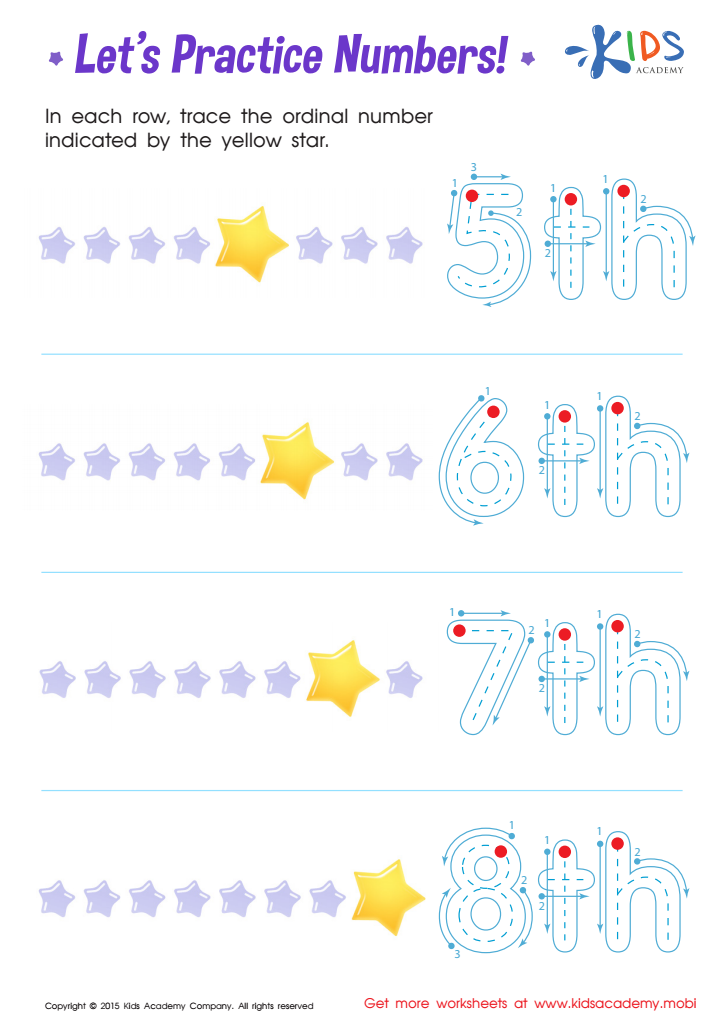Tracing Numbers worksheets activities
32 filtered results
-
From - To
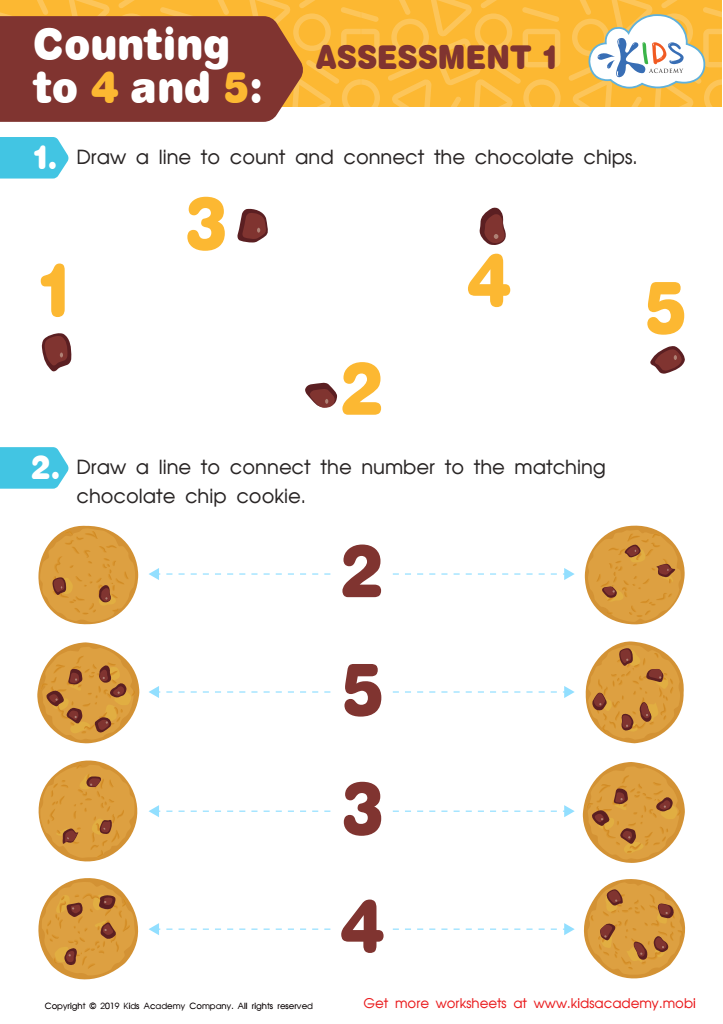

Counting to 4 and 5: Assessment 1 Worksheet
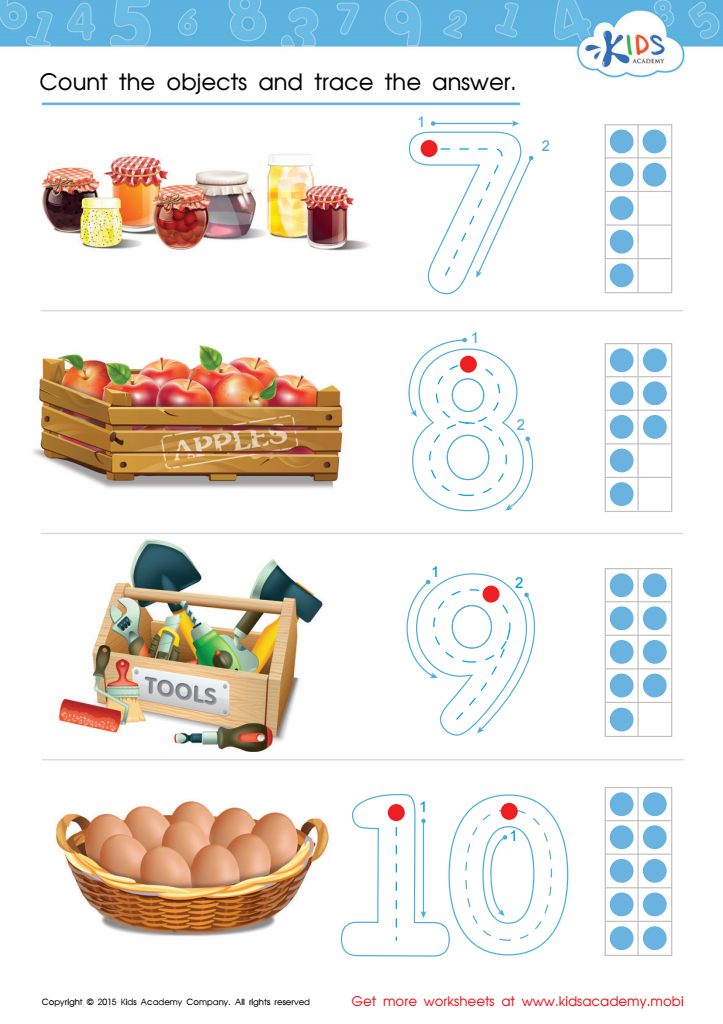

Count and Trace 7 – 10 Worksheet
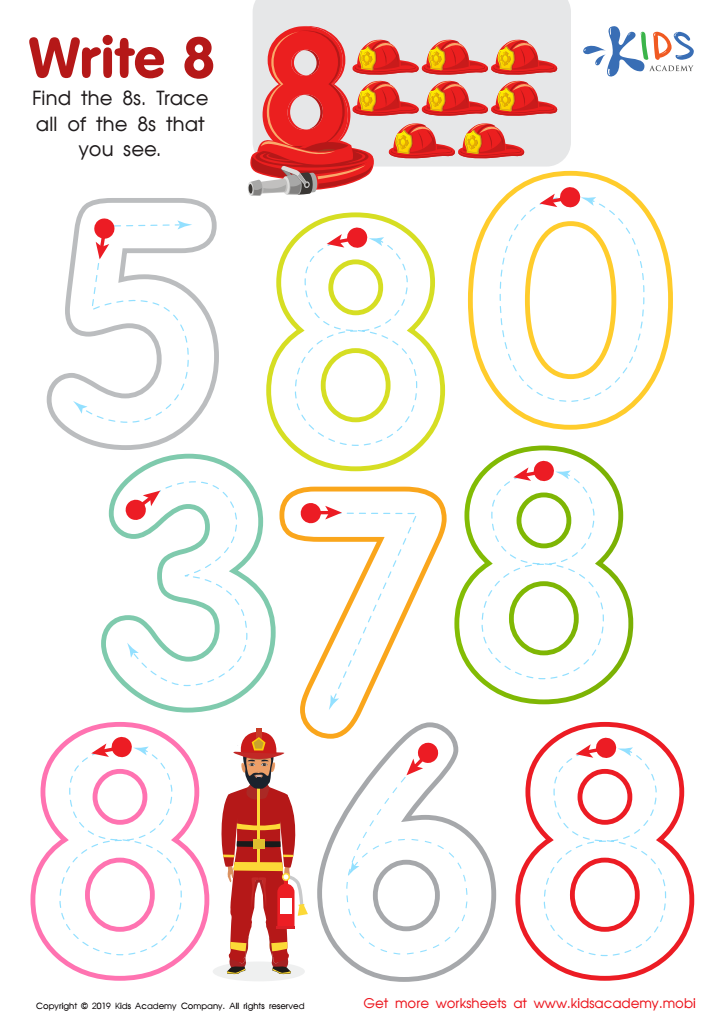

Write 8 Worksheet
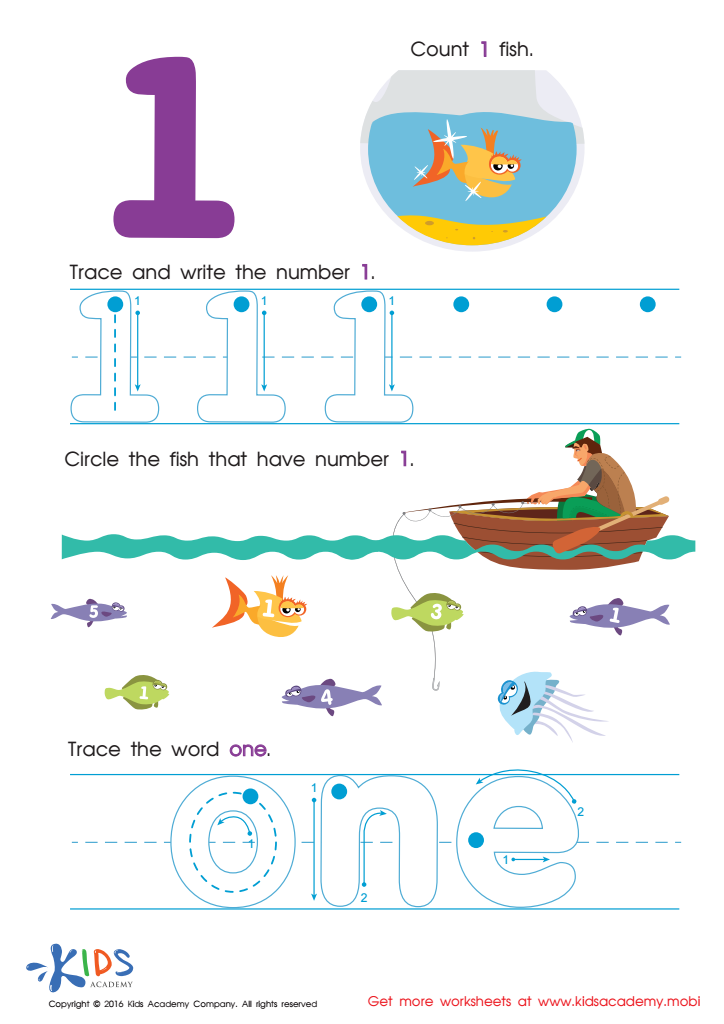

Learning to Write 1 Worksheet
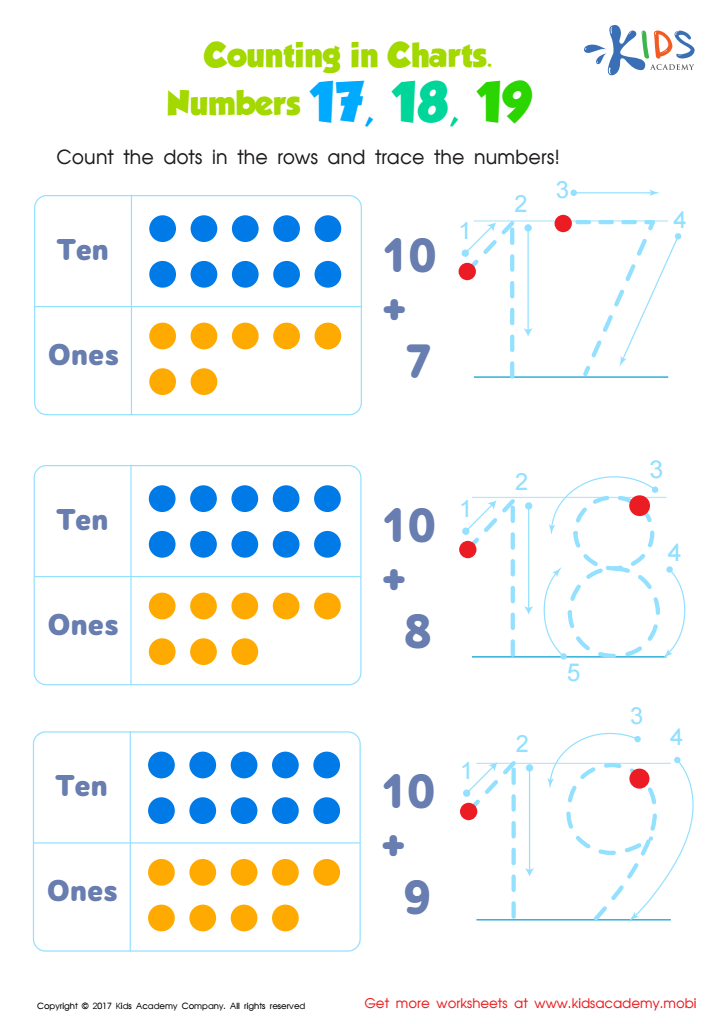

Kindergarten Number Tracing: Counting in Charts Worksheet
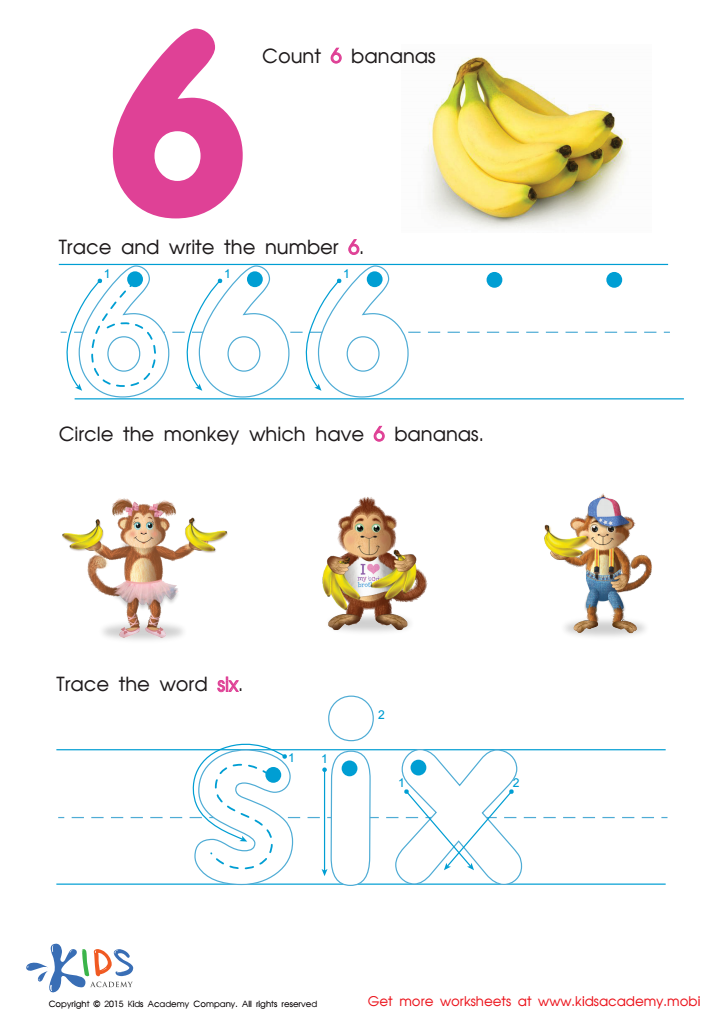

Tracing And Writing Number 6 Worksheet
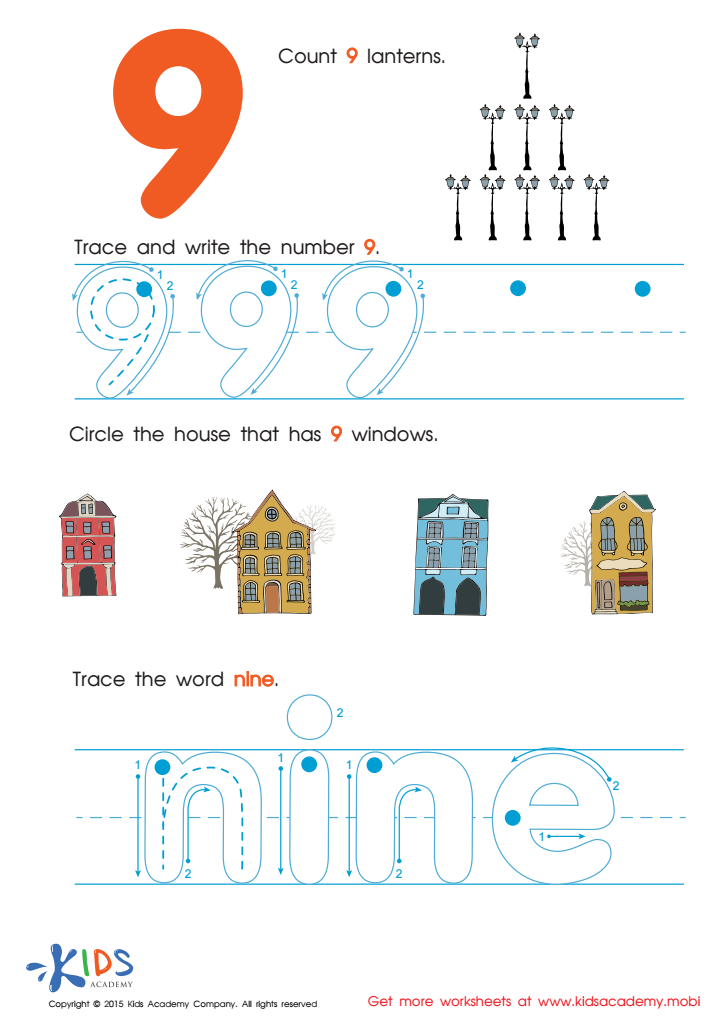

Tracing And Learning to Write Number 9 Worksheet
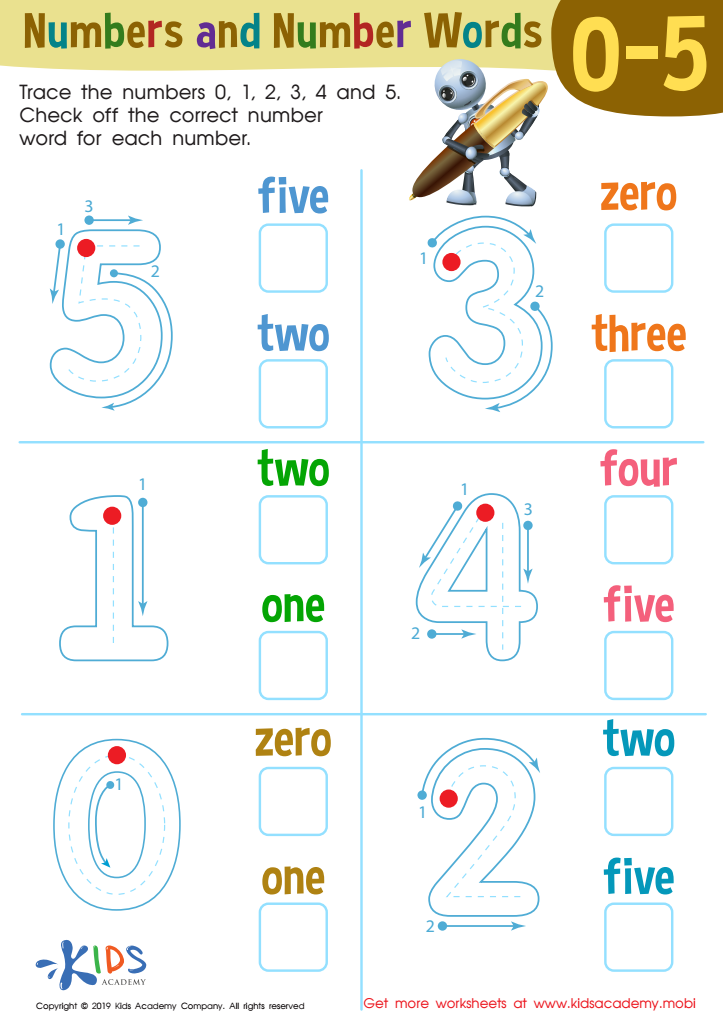

Numbers and Number Words Worksheet
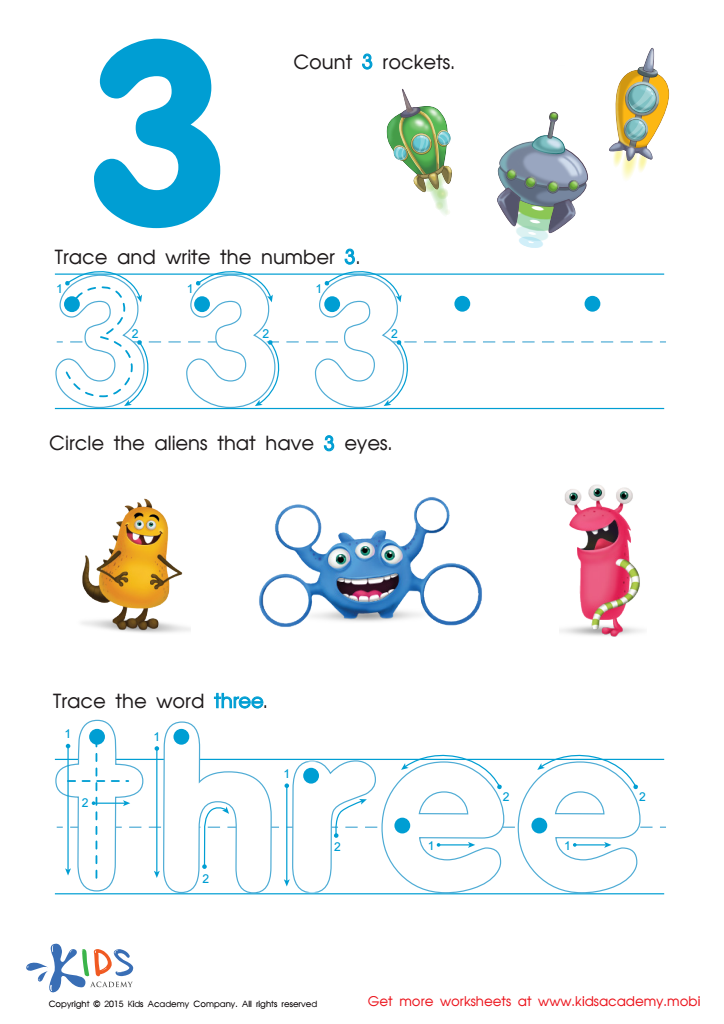

Learning Number Three Worksheet
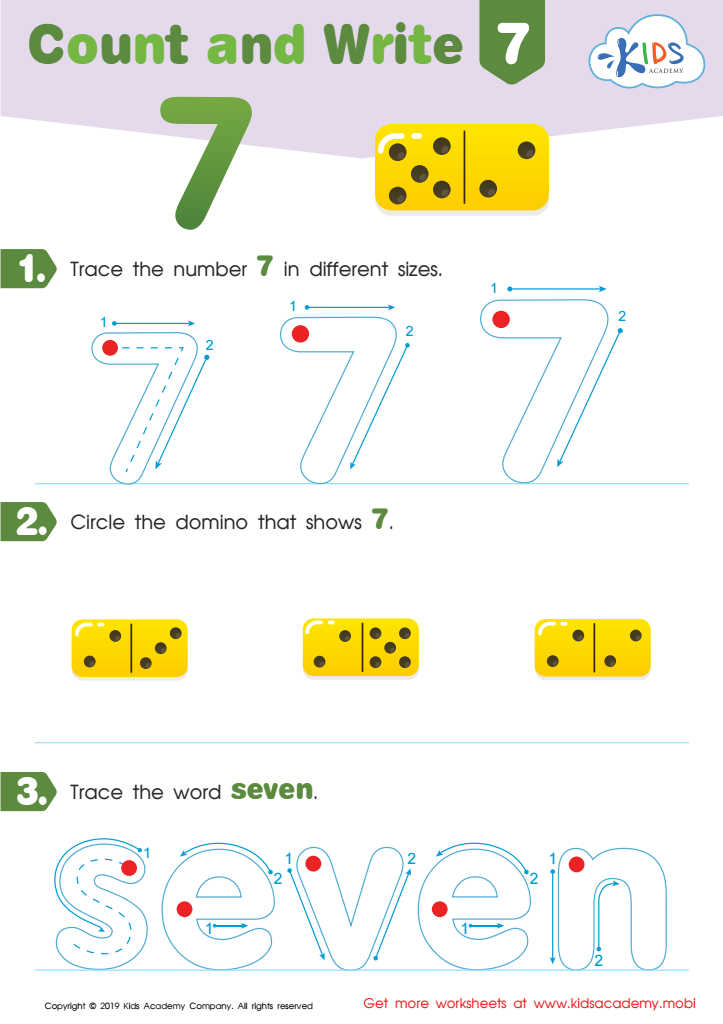

Count and Write 7 Worksheet
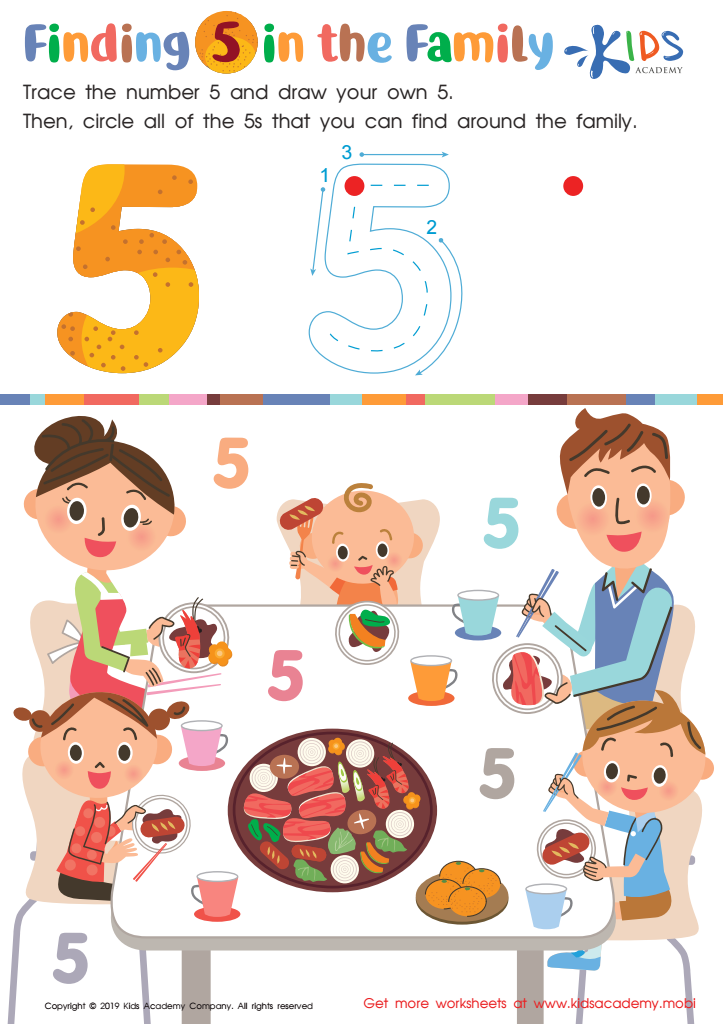

Finding 5 in the Family Worksheet
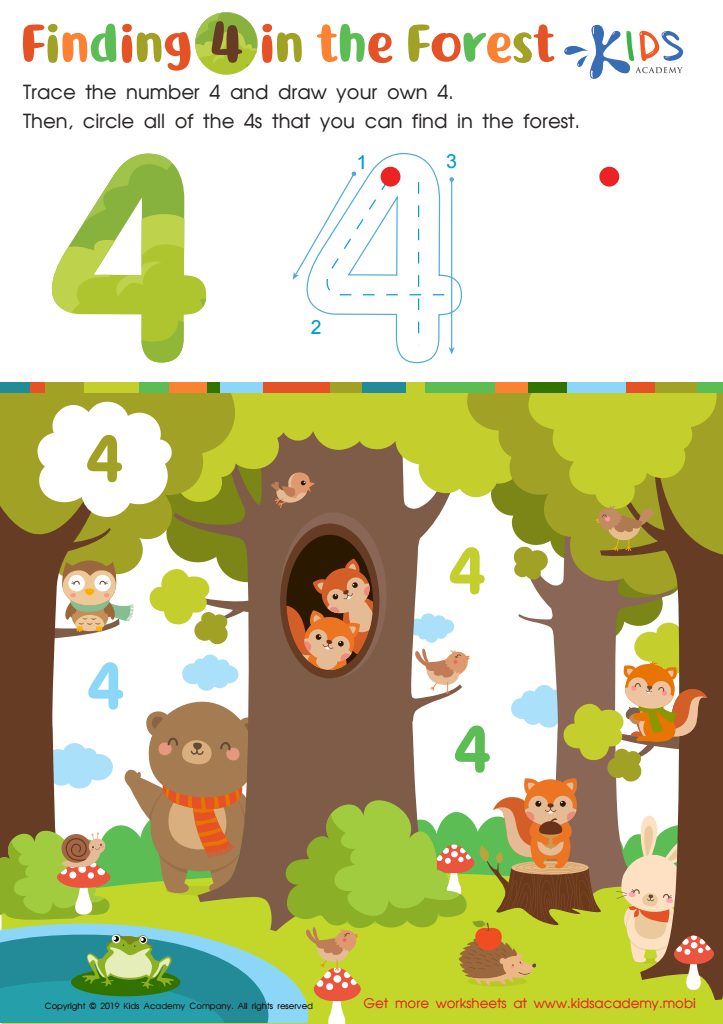

Finding 4 in the Forest Worksheet
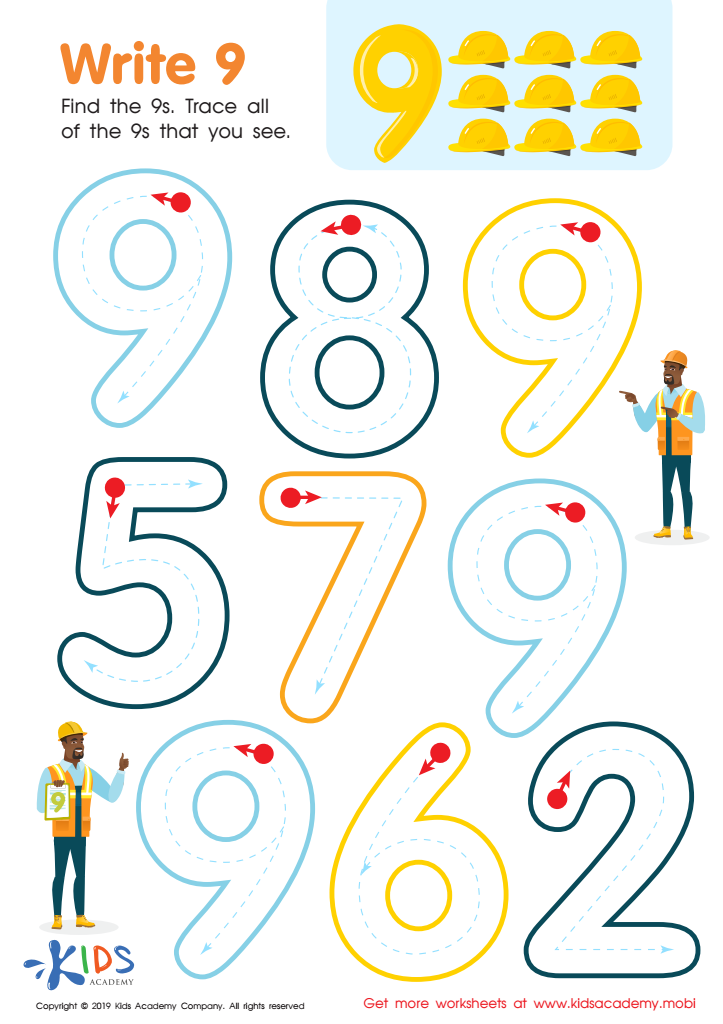

Write 9 Worksheet
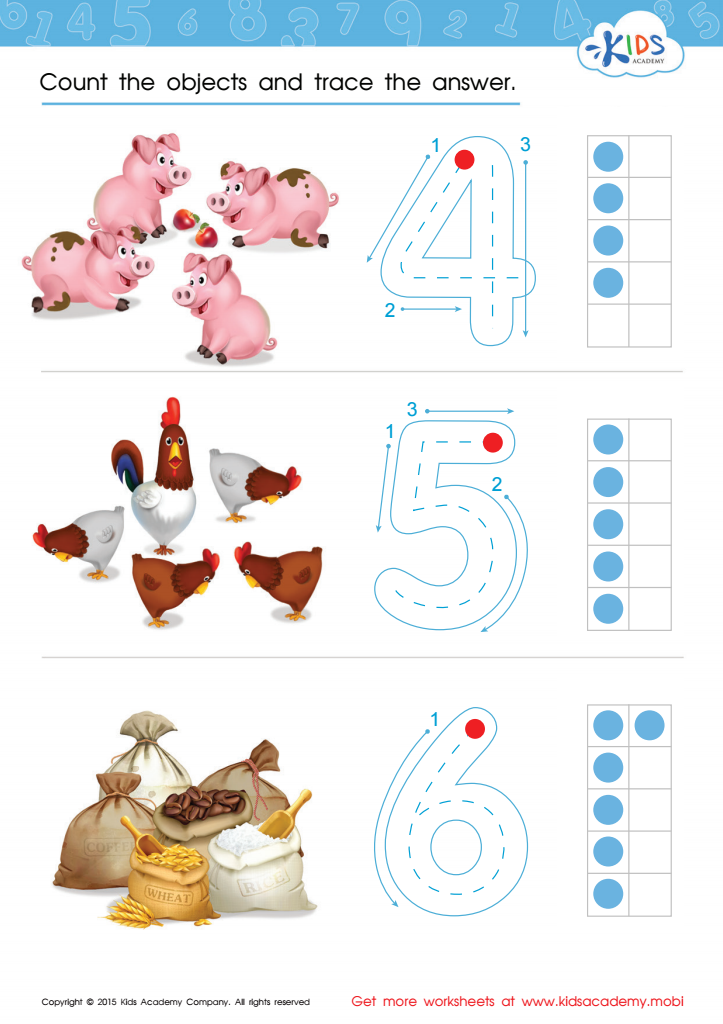

Count and Trace 4 – 6 Worksheet
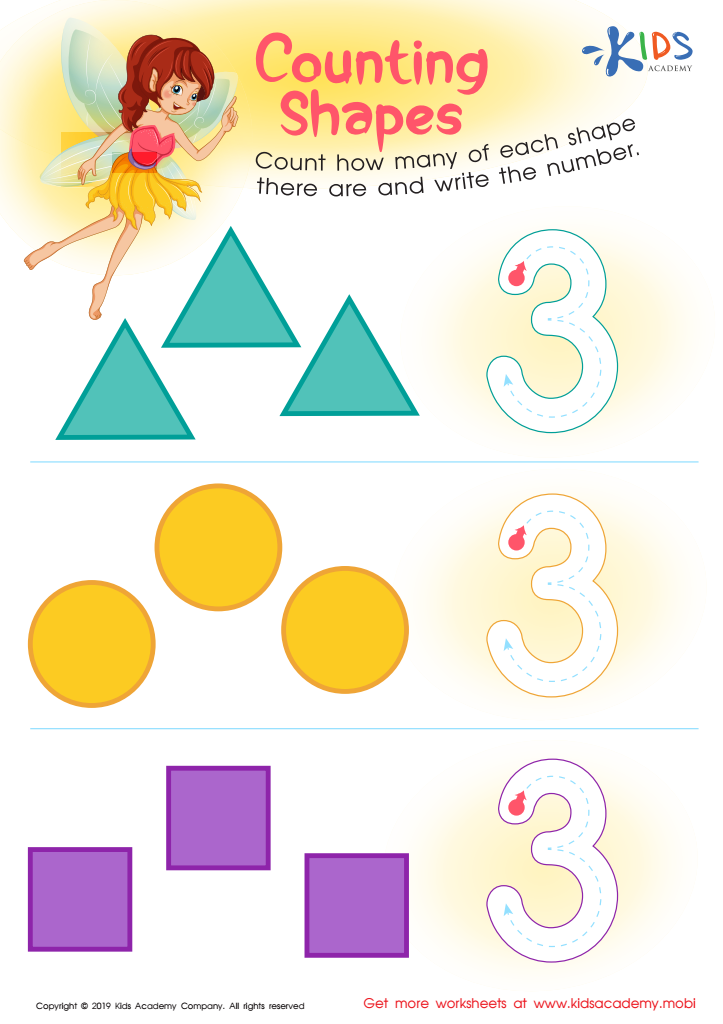

Counting Shapes Worksheet
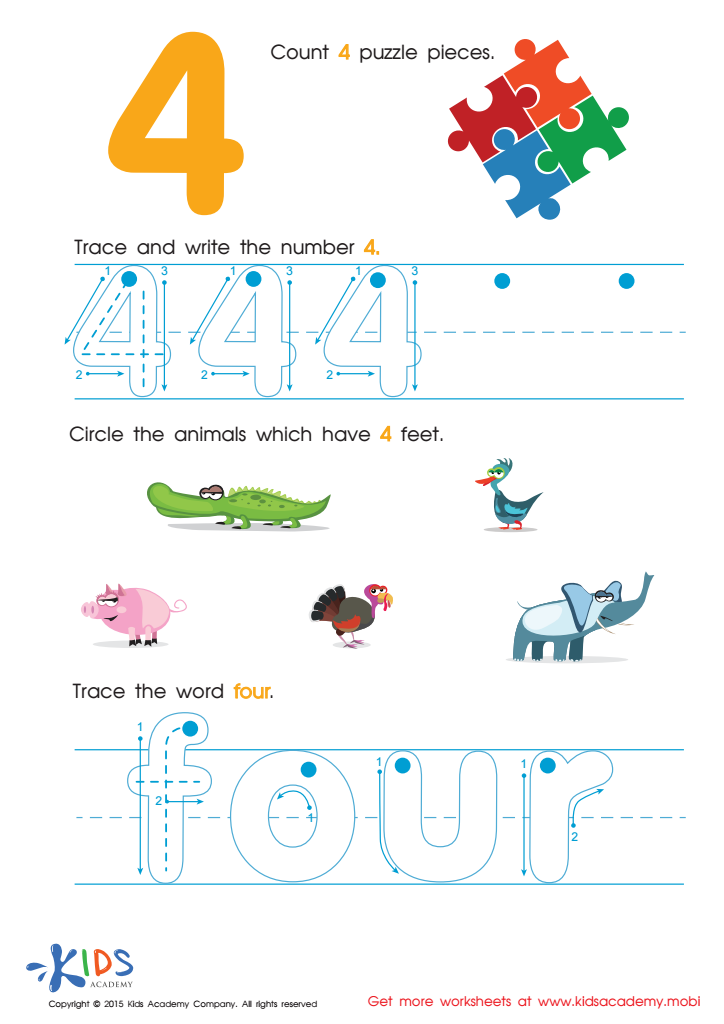

Teaching Children to Write Number 4 Worksheet
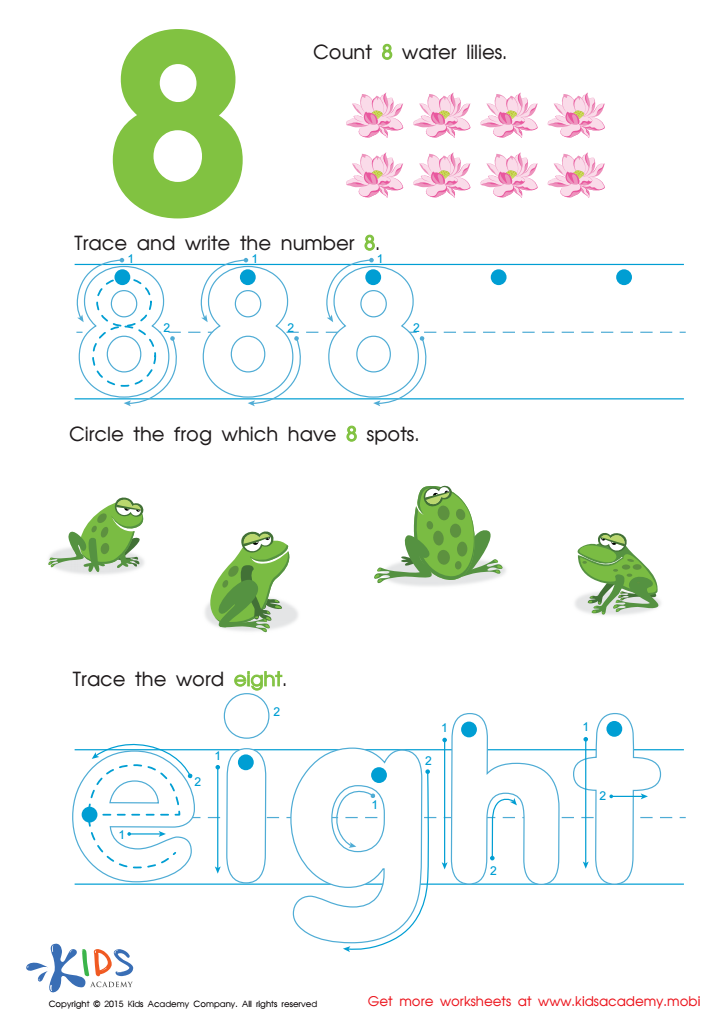

Learn Number 8 Easily Worksheet
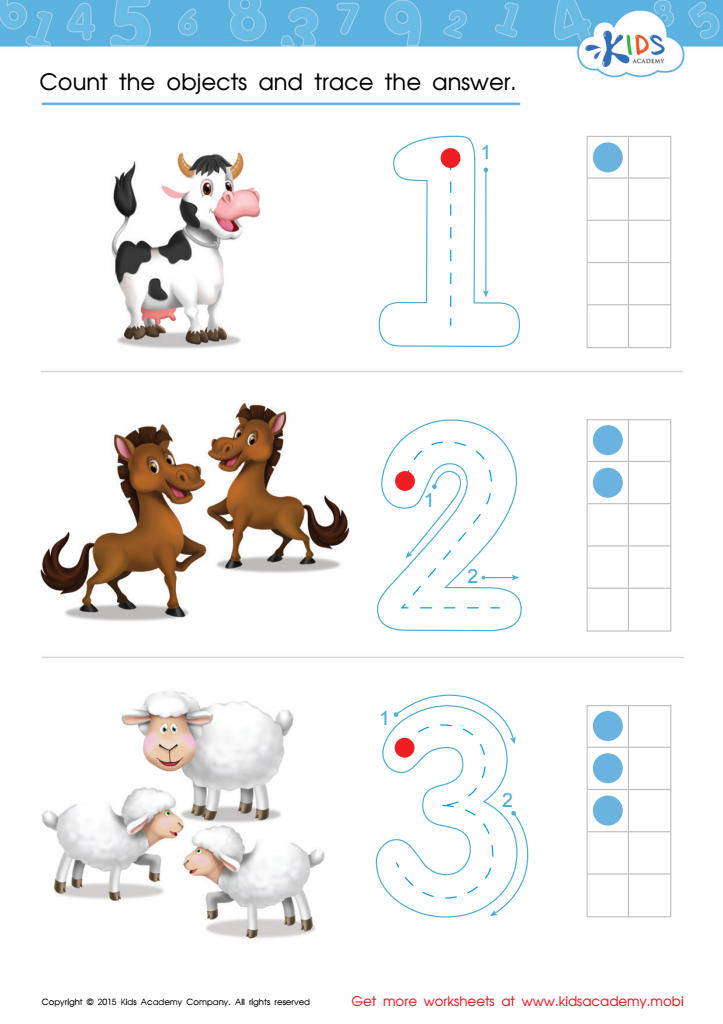

Count and Trace 1 – 3 Worksheet
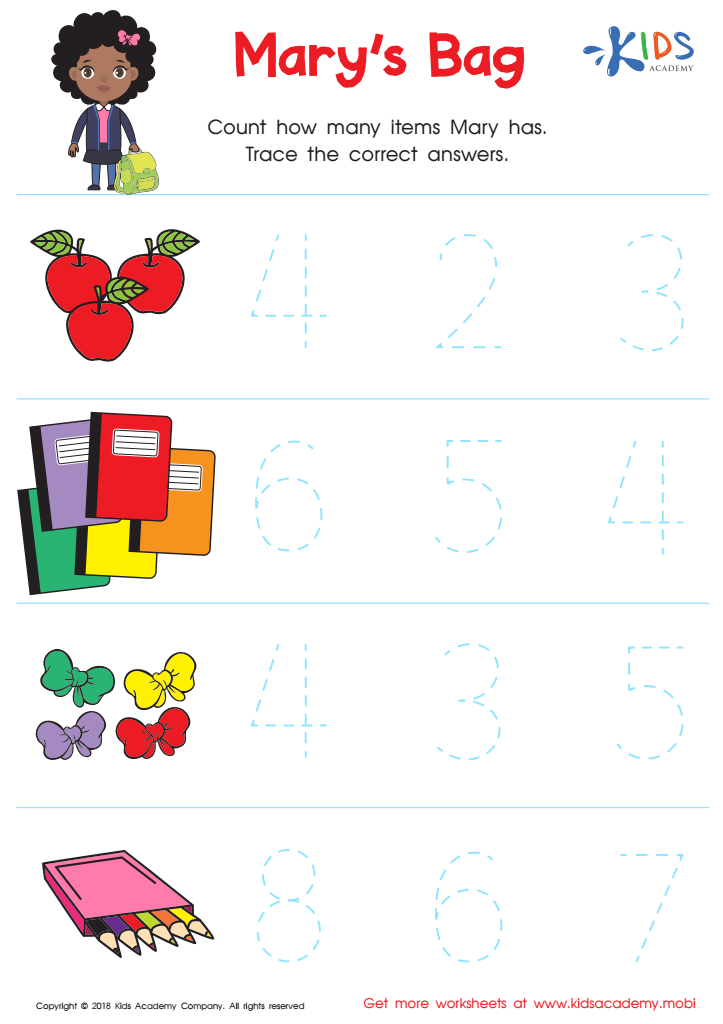

Kindergarten Number Tracing: Mary's Bag Worksheet
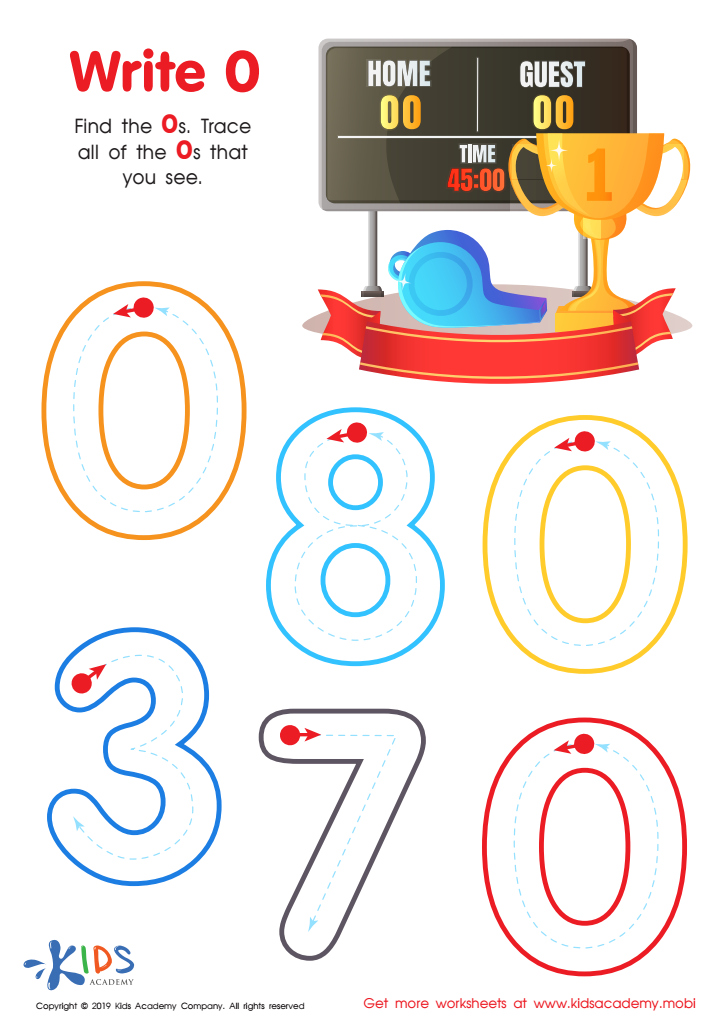

Write 0 Worksheet
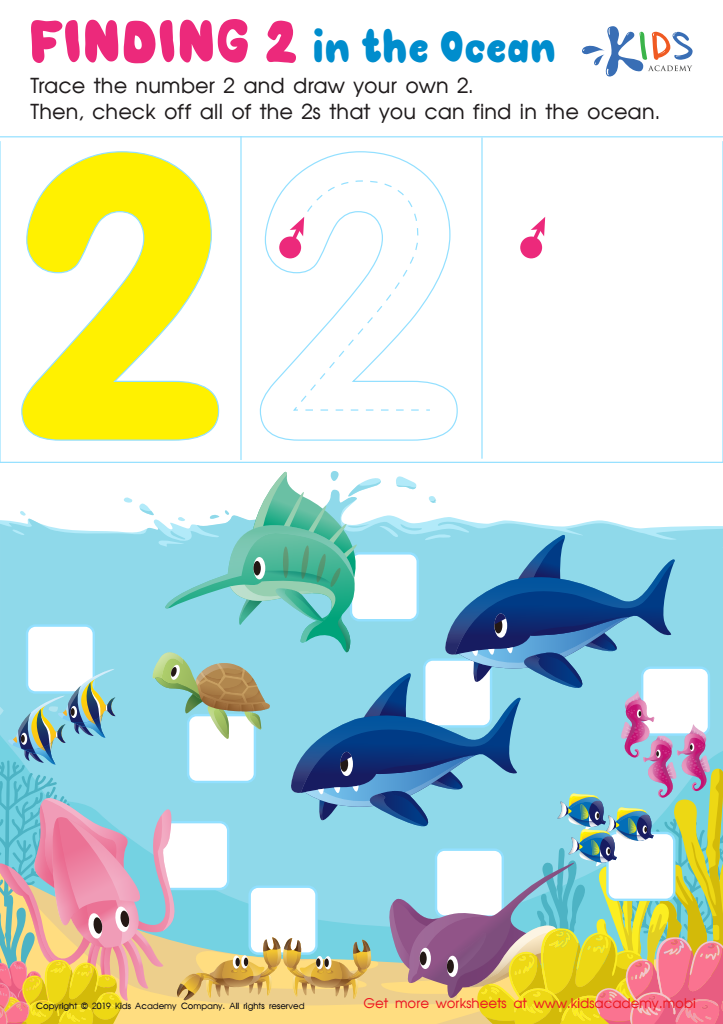

Finding 2: In the Ocean Worksheet
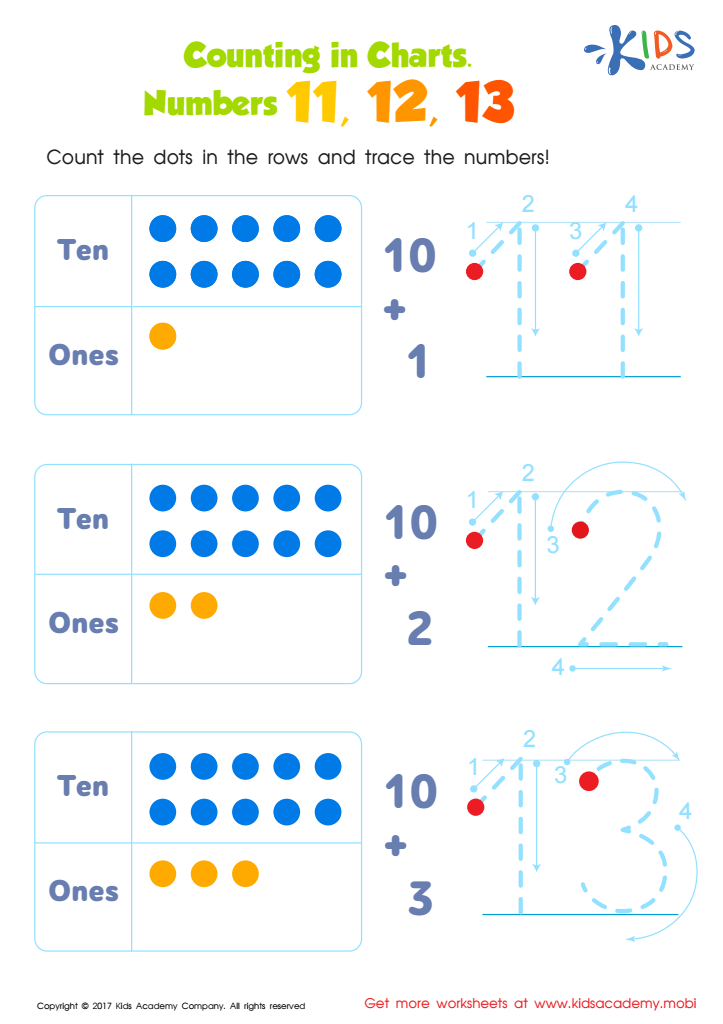

Number Tracing Worksheet For Kindergarten
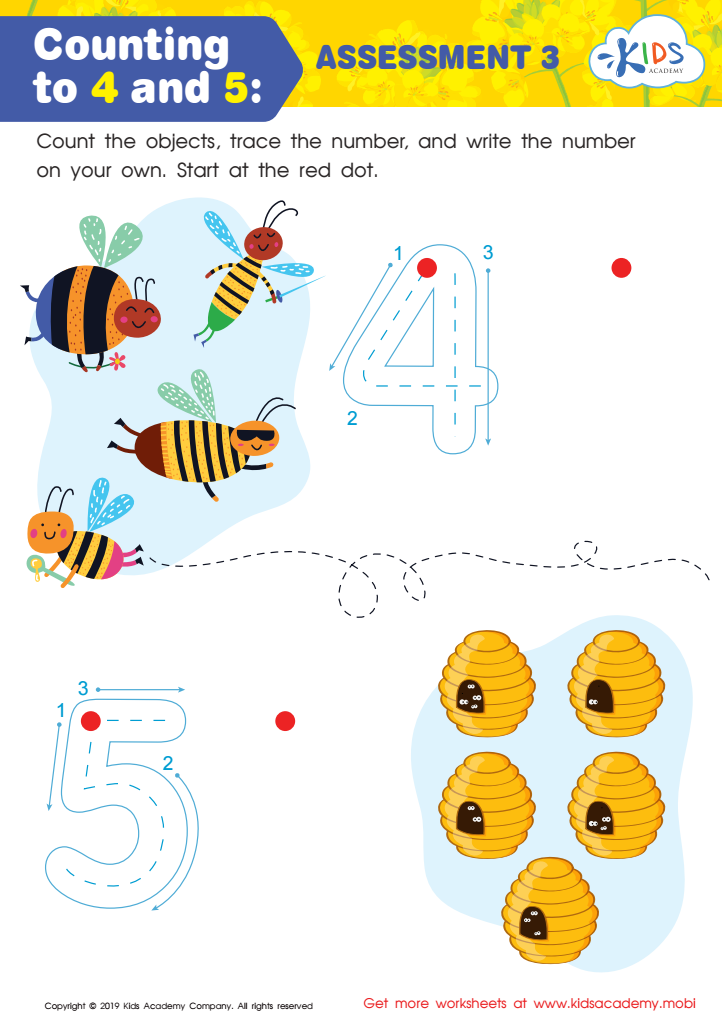

Counting to 4 and 5: Assessment 3 Worksheet
Tracing Numbers worksheets activities offer a foundational block in early childhood education that cannot be underestimated. These engaging activities are not only fun for young learners but also serve as a crucial step in their developmental journey, particularly in mathematics and fine motor skills. Let's delve into why these worksheets are so beneficial.
Firstly, Tracing Numbers worksheets activities help in enhancing fine motor skills. As children trace over numbers, they develop hand-eye coordination and learn to control their pencil with precision. This meticulous action lays the groundwork for neat handwriting and other skills requiring fine motor dexterity, such as tying shoelaces or buttoning shirts.
Moreover, these activities serve as an introduction to the world of mathematics. By repeatedly tracing numbers, children familiarize themselves with numerical symbols, learning to recognize and differentiate between them. This early exposure is vital as it paves the way for understanding more complex mathematical concepts in the future, such as addition, subtraction, and number patterns.
Tracing Numbers worksheets activities also boost cognitive development. The process of tracing requires concentration and focus, helping young minds develop attention to detail. This skill is beneficial not only in academic pursuits but in daily life tasks as well.
Additionally, these worksheets can significantly enhance a child’s confidence. Completing a sheet gives them a sense of accomplishment, encouraging a positive attitude towards learning. It's an excellent way to instill confidence in their abilities from a young age, setting a foundation for lifelong learning.
Lastly, Tracing Numbers worksheets activities are versatile and can be tailored to suit various learning styles and paces. Whether in a classroom setting or at home, they provide a personalized learning experience, ensuring that every child can progress at their own rate.
In conclusion, Tracing Numbers worksheets activities are an indispensable tool in early education. They not only assist in developing fine motor skills and introducing mathematical concepts but also foster cognitive growth, boost confidence, and accommodate diverse learning needs. These activities are indeed a stepping stone towards a brighter academic future for young learners.
 Assign to My Students
Assign to My Students
